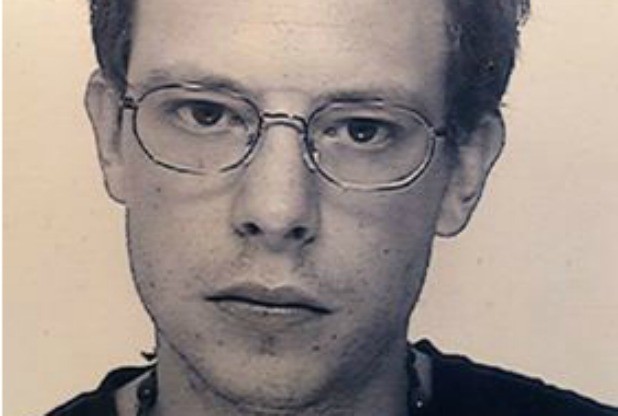Police custody death: Thomas Orchard restrained `unlawfully`
MPs were debating the value of spit guards in policing as officers accused of killing a man in custody by “unlawful” restraint sat through the opening of their manslaughter court case.
MPs were debating the value of spit guards in policing as officers accused of killing a man in custody by “unlawful” restraint sat through the opening of their manslaughter court case. The drama unfolded on opposite sides of the country as the House of Commons was shown how `Protecting The Protectors` has already been rolled out in 23 forces in England and Wales. Meanwhile, more than 100 miles away from Westminster, lawyer Mark Heywood QC outlined to jurors at Bristol Crown Court the prosecution`s version of events surrounding the death of church caretaker Thomas Orchard. Custody Sergeant Jan Kingshott, 45, and civilian detention officers Simon Tansley, 39, and Michael Marsden, 56, deny manslaughter by gross negligence. Mr Orchard, 32, who had schizophrenia, suffered a cardiac arrest in his cell at Exeters main police station in October 2012, after being held down for 20 minutes with an Emergency Response Belt (ERB) across his face, the jury heard. He was then freed from the restraints making little or no movement and left lying face down in the locked cell. Bristol Crown Court heard that it was a further 12 minutes before officers re-entered the room and discovered that he was not breathing. He died seven days later in hospital. The court was told Mr Orchard had suffered a relapse of his mental illness and was arrested in Sidwell Street on suspicion of a public order offence. The jury was shown CCTV of his arrest in which he could be seen handcuffed and wearing restraining straps. The arrest involved a number of officers and the use of physical restraints, Mr Heywood said. After his arrest, he was then transported, still restrained, to Heavitree Road police station custody unit a dedicated unit for receiving arrested people and moved from a van, first into the holding area and then into a cell. There he was searched, physically searched, and then finally released from restraint and he was left alone. He was physically restrained in some way or another, in the street and at the custody unit, for a total period of 22 minutes. For a significant part of the later period, that is at the custody unit, he also had an emergency response belt (ERB) applied over the whole or part of his face, including his nose and mouth at times. Once released from restraint in the cell, he made little or no movement. When the cell was entered 12 minutes later, he was in cardiac arrest. Although to some extent cardiac function and respiratory effort were restored by significant intervention, he died in hospital one week later. The three defendants face one joint charge of manslaughter, alleging that they unlawfully killed Mr Orchard by gross negligence. Mr Heywood said the combination of force and physical restraints, coupled with a complete failure to realise Mr Orchards condition and observe him closely, led to him being starved of oxygen. The officers used force to restrain Mr Orchard, mostly in a prone face down position and placed the large webbing belt across his face, interfering with his ability to breathe, it is alleged. That situation continued for over five minutes, deep within a police station, whilst he was restrained at hand and foot, Mr Heywood said. At the same time, no-one of those directly responsible took sufficient care to see that he was breathing properly or at all. Instead, he was left in a locked cell, under remote observation for a further 12 minutes until his true condition was discovered. By then, it was too late. Much too late. The jury, of six men and six women, has been told that the case is a retrial. A pathologist gave the cause of Mr Orchards death as severe hypoxic-ischaemic brain damage, prolonged cardiorespiratory arrest following a violent struggle and period of physical restraint including a prolonged period in a prone position and the application of an emergency response belt across the face resulting in asphyxia. Mr Orchard was first diagnosed with paranoid schizophrenia when he was a teenager


